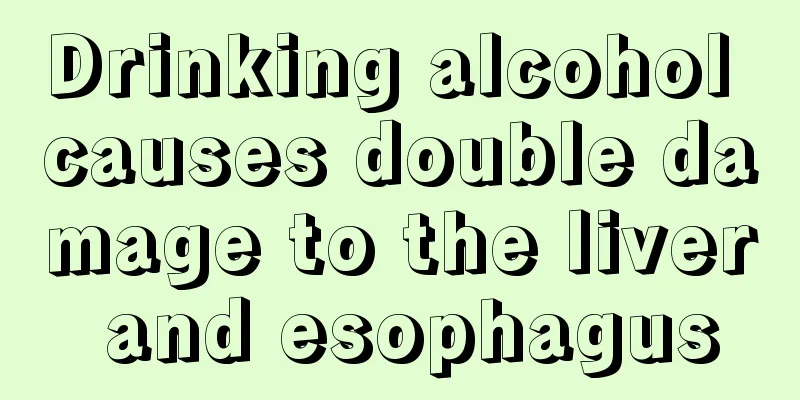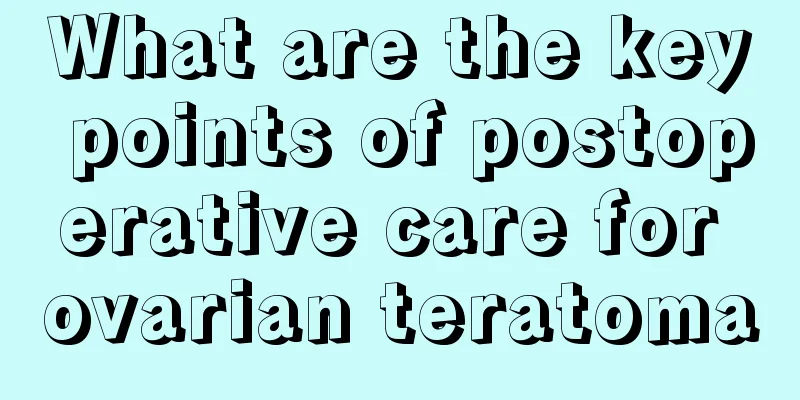Drinking alcohol causes double damage to the liver and esophagus

|
It's the end of the year again, and many people have a lot of social engagements, and eating and drinking too much is inevitable. In order to prevent the hangover from affecting their life and work the next day, many people will choose to vomit out the alcohol they have drunk by inducing vomiting after drinking too much. But inducing vomiting is actually worse than a hangover because it can easily lead to reflux esophagitis. People who frequently induce vomiting may even suffer from cardia mucosal tear syndrome, and vomit blood during the vomiting process.
From December to the first month of the Chinese New Year, it can be said that the end of the year and the beginning of the year are filled with New Year's Eve parties, New Year's dinners, etc., and the frequency of drinking increases greatly. It is generally believed that the stomach is the first organ to be damaged by alcohol, but the esophagus, which carries food, is no less damaged than the stomach.
Many people think that vomiting after drinking is fine, and few people pay attention to vomit. If there is blood mixed in the vomit, especially fresh blood, you need to be particularly vigilant, because this indicates that bleeding may have occurred in the lower esophagus. |
<<: How to develop a slim physique so that you won’t gain weight no matter how much you eat?
>>: How to slim down your arms in winter, the fastest way to slim down your arms
Recommend
The health tips you must know are applicable to men, women, young and old
1. Women should be good at replenishing blood: ① ...
Is it effective to apply a facial mask while taking a bath
Women have their own habits when applying facial ...
Surgical staging and treatment of bone cancer
The pathological grading of bone cancer reflects ...
What are the traditional Chinese medicine remedies for advanced lung cancer? Complete list of traditional Chinese medicine treatments for advanced lung cancer
Nowadays, the chances of people getting cancer ar...
Is lung cancer also related to genetics? To prevent lung cancer, you can eat this way every week
Lung cancer is the world's number one cancer ...
What are the symptoms of Guillain-Barré syndrome
Many of you may not have heard of Guillain-Barré ...
Differential diagnosis of ovarian tumors
Ovarian tumor is a common tumor occurring in fema...
How long does it take to have a follow-up examination after treatment of nasopharyngeal carcinoma
How often should I have a follow-up examination a...
What are the nutritional values of cucumbers?
Cucumber is a vegetable and fruit that we are all...
Why is my right eye bag twitching all the time?
Many people do not want their eyes to twitch beca...
The role of seaweed calcium
Everyone knows that the bones of the body are mad...
What is the best medicine for lung cancer cough
What is the best medicine for lung cancer cough? ...
Type of virus
Viruses have a very long history and they have th...
The more prominent manifestations of uterine cancer also include increased secretions
The more prominent manifestation of uterine cance...
What causes blisters in the nose?
The health of the nose is extremely important to ...









